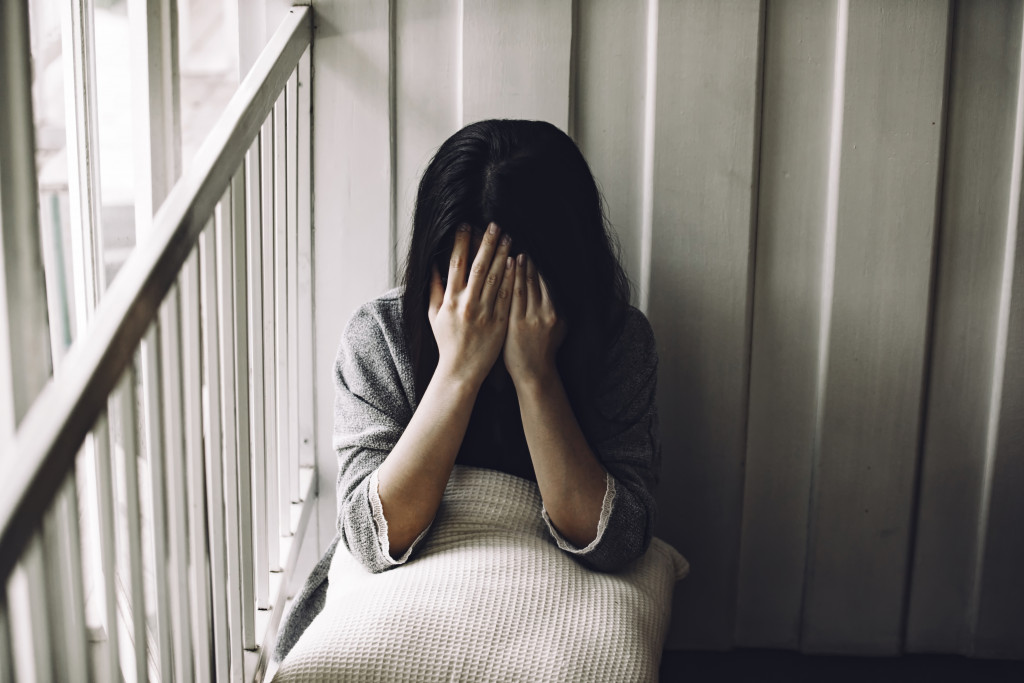If you suffer from anxiety, you’re not alone. Anxiety is a common mental health disorder that affects people of all ages, affecting 40 million adults in the U.S. alone. But just because it’s common doesn’t mean it’s not serious. Anxiety can lead to various problems, including difficulty sleeping, trouble concentrating, and even physical symptoms like sweating and a racing heart.
But there is good news: anxiety is treatable. And with the right treatment plan, you can take control of your anxiety and live a normal, healthy life.
Here are some tips to help you manage your anxiety:
Understand Your Anxiety
The first step to managing your anxiety is understanding what it is and causes. Anxiety is a normal stress reaction but can become a problem when it’s out of proportion to the stressor or lasts for a long time.
Different anxiety disorders include generalized anxiety disorder (GAD), social anxiety disorder, and panic disorder. And while there are some common symptoms of anxiety, remember that everyone experiences anxiety differently.
Some common symptoms of anxiety include:
- sweating
- racing heart
- feeling irritable
- trouble sleeping
- feeling tired easily
- shortness of breath
- having muscle tension
- feeling restless or on edge
- having trouble concentrating
If you’re experiencing any of these symptoms regularly, you must talk to your doctor. They can help you determine whether or not you have an anxiety disorder and recommend you to a mental health professional for treatment.
Create a Support System
Having a support system is crucial when you’re dealing with anxiety. Talk to your friends and family about what you’re going through and ask for their support. Let them know what they can do to help you, whether by listening to you or assisting you make lifestyle changes.
It can also be helpful to connect with others who are dealing with anxiety. There are many online support groups and forums where you can share your experiences and find support from others who understand what you’re going through.
If you’re having difficulty dealing with anxiety on your own, consider talking to a mental health professional. They can assess to determine whether or not you have an anxiety disorder and develop a treatment plan with you.
Develop Healthy Coping Mechanisms

You can use coping mechanisms to deal with anxiety and manage your symptoms. Some healthy coping mechanisms include relaxation techniques, exercise, and journaling.
Relaxation techniques, such as deep breathing or progressive muscle relaxation, can help you calm down when you’re anxious. Exercise is also a great way to relieve stress and improve your mood. And journaling can help you work through your anxiety by identifying your triggers and learning how to cope better.
Find coping mechanisms that work for you and that you’re comfortable with. Experiment with different techniques until you find ones that help you manage your anxiety.
Make Lifestyle Changes
Making some lifestyle changes can also help you manage your anxiety. This is since poor sleep, unhealthy eating, and not getting enough exercise can trigger anxiety. If you are guilty of these habits, it is time to change your ways.
Some habits you should consider adopting include the following:
- Getting regular exercise
- Eating a healthy diet
- Getting enough sleep
- Avoid caffeine and alcohol
- Managing stress
These lifestyle changes can help you feel better and reduce your anxiety symptoms. These will also allow you to live healthier, which is an added bonus.
Seek Help if You Become Dependent on Anti-anxiety Meds
Different anti-anxiety medications exist in the market, helping people with anxiety disorders deal with their condition. These medications can effectively reduce anxiety symptoms and improve your quality of life.
However, some people may become dependent on these medications. If you need to take more medication than prescribed or are experiencing withdrawal symptoms when you try to stop taking it, then it’s time to seek help.
For example, you constantly reach for Ativan whenever you feel anxious. Over time, you can develop a dependence on the drug and find it hard to go without it. This is when you need to seek professional help at an Ativan rehab facility.
Detox services in rehab facilities can help you wean off the medication safely. They will also provide you with the support and resources you need to recover from your dependence. Remember that, as with any medical detox, you need a safe and supportive environment to ensure a successful recovery.
Rehab facilities also offer therapy and counseling services to help you deal with the underlying causes of your anxiety. This will allow you to develop healthy coping mechanisms and lifestyle changes to improve your overall well-being. Search for a reputable rehab facility catering to patients with Ativan dependency to get the help you need asap. The right one will provide you with the support and resources you need to recover sustainably and live a healthy life.
Dealing with anxiety can be a challenge, but there are things patients can do to manage symptoms and keep them under control. By creating a support system, identifying triggers, and developing coping mechanisms, patients can learn to live with their anxiety in a way that works for them. If you or someone you love is struggling with anxiety, don’t hesitate to seek help. There are many resources available to assist you on your journey to recovery.


